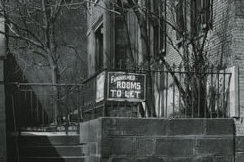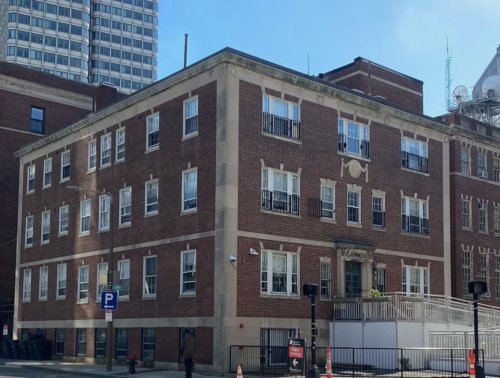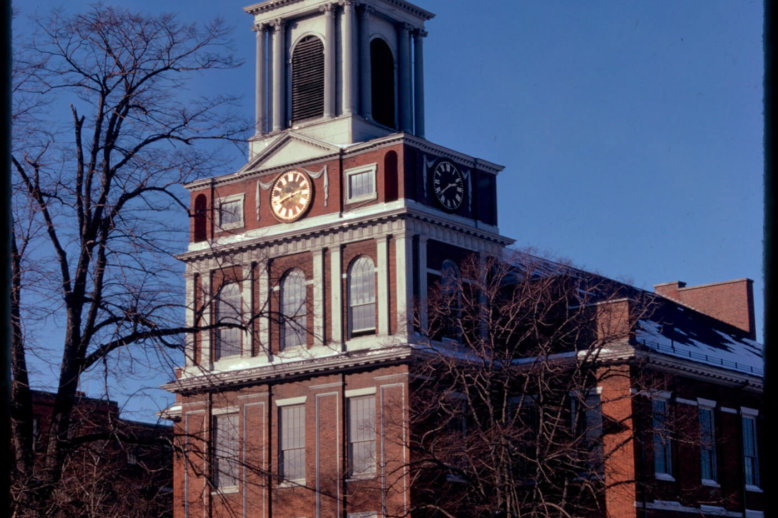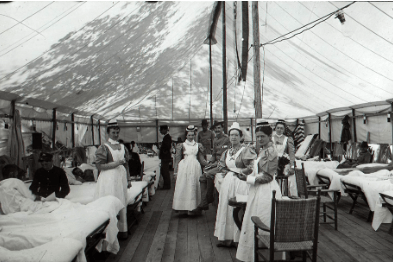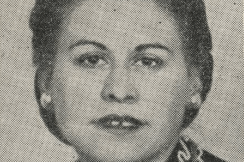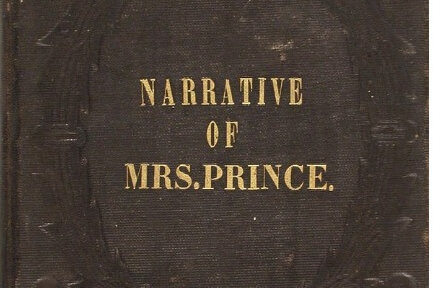Topic: Women
Women’s issues, suffrage, girls, anyone using she/her pronouns
As emancipated men, women, and children migrated north after the Civil War, the need for Black boarding houses increased greatly. In the West End a large concentration of Black, women-operated boarding houses became home for many of these newly-freed people.
Boarding Houses played an important role in the housing system during the age of industrialization and immigration in Boston and the West End. Along with lodging and rooming houses, they were the only alternative for those in need of affordable and transitional living space in the neighborhood until the arrival of tenements and apartment buildings. Boarding houses also offered women of the period one of the few ways to earn a decent income.
In September 1886, an unofficial boxing match took place on Staniford Street between two young girls, Lizzie and Mollie. The bout involved a makeshift ring, drawn-up terms, a referee, and two-hundred young people in a crowd. When a police officer arrived, the fight quickly ended, but the event made front-page news, and linked the West End to a century-old tradition of women and girls’ boxing in 1700s Britain.
The Temporary Home for Women and Children located on New Chardon Street in Boston’s West End was one of the first family shelters in the country. From its start as a small home on Charles Street, it has cared for women and children in need for over 150 years.
The Old West Church, standing at 131 Cambridge St, is one of the few surviving buildings of the historic West End. Since its opening in 1806, the building has served as a church, a library, a shelter, and a church again. It continues to hold masses and contribute to the Boston community today.
Since its opening in 1821, the Massachusetts General Hospital has had a long tradition of caring for West Enders, Bostonians, and other patients from across the globe. This tradition includes a history of its nurses and doctors putting their own lives at risk while serving military personnel during wartime.
One of the few independent female lawyers of her day, and a staunch supporter of her community, Gladys Shapiro became one of the most influential women to emerge from the West End.
Nancy Gardner Prince’s world travel and experiences were unique for a 19th century Black woman, yet she still suffered from many of the harsh trials facing her people.



